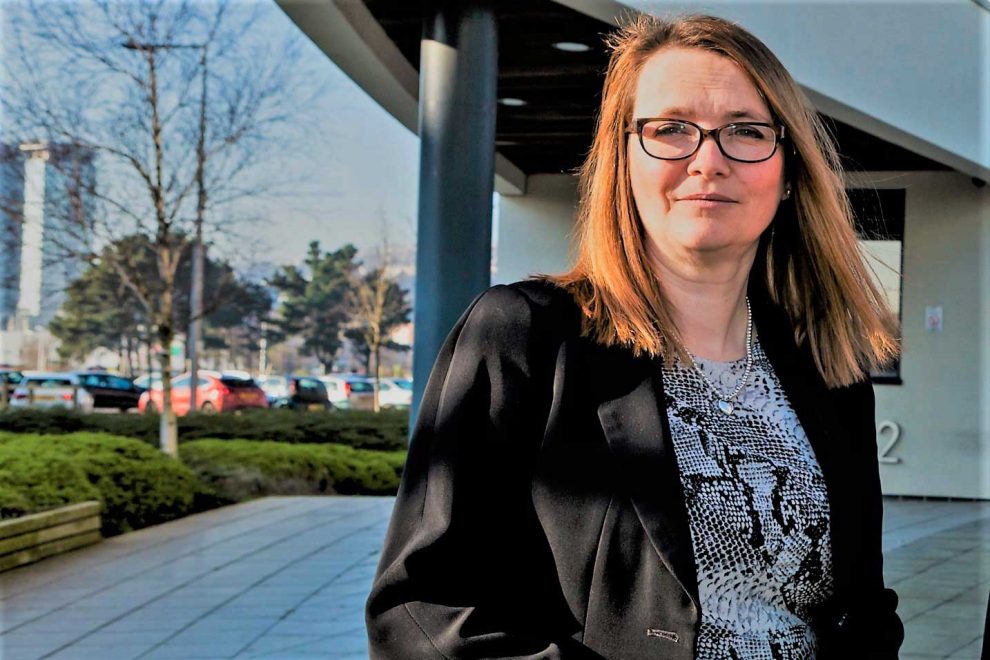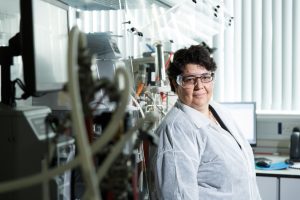THE BIGGEST trend in Welsh education over the last seven years has been the move towards a culture of self-improvement.
According to Estyn’s Chief Inspector’s Annual Report published on Wednesday (Jan 24), schools and other education and training providers increasingly take ownership of their own improvement and share expertise and best practice with each other.
Chief Inspector Meilyr Rowlands says: “Looking back over the last seven-year cycle of inspections, there’s been a shift in education in Wales towards greater collaboration. It’s clear from our inspections of over 2,700 schools, non-maintained settings, colleges and other education and training organisations that there is enough excellence across Welsh education to support improvement and help reduce variability.
“This spirit of cooperation is most obvious in the way that the new curriculum is being developed with the teaching profession and how schools themselves are beginning to develop innovative teaching and learning practices. Consortia of local authorities work together and schools support each other to improve teachers’ professional skills.”
In schools like Ysgol Gynradd Bynea, Llanelli, pupils led a project to develop an outside learning village. Learners developed a range of skills from designing architectural models to budgeting and placing orders. In the further education sector, Pembrokeshire College has developed partnerships that support the development of skills in Pembrokeshire, improve learners’ access to post-16 education and engage with hard-to-reach groups.
More findings from the seven-year inspection cycle:
- Inspection findings this year are broadly similar to those for the last seven years as a whole. Seven-in-ten primary schools inspected this year are good or excellent, similar to last year, while half of secondary schools inspected are good or excellent, a bit better than last year
- There are many strengths in nursery settings, maintained special schools and in further education colleges, where the quality of education provided is good or better in most cases. Variability within and between providers remains a challenge in most other sectors.
- Schools that are most successful at raising standards for all their pupils and at closing the gap in the performance of pupils eligible for free school meals compared to their peers, encourage greater involvement of parents and the community and create a culture where education is respected and valued.
- In the quarter of schools that deliver the Foundation Phase well, pupils make good progress, become confident learners, and are well-prepared for future learning. But many schools remain reliant on more traditional teaching methods, especially for children aged 5 to 7.
- As the secondary school accountability system became increasingly linked to examination results, some schools focused too much on examination technique rather than on providing a broad education. The best schools develop learners’ knowledge, skills, and attitudes to learning by capturing their interest through engaging learning experiences.
- Mergers of further education colleges have resulted in a smaller number of large providers. The new leadership teams of these institutions have overseen improved provision in this sector over the last seven years.
Education Secretary, Kirsty Williams, welcomed the report as further evidence that Wales’ education system is uniting in a mission of self-improvement.
The Welsh Government also expressed pleasure in the ’spirit of cooperation’ with the teaching profession in developing a new curriculum.
The report also welcomes:
- The establishment of a National Academy of Educational Leadership;
- A “more systematic approach” to how pupils learn, apply and practise their literacy and numeracy across the curriculum;
- Major changes in how professional learning is organised;
- Improvements in attendance and behaviour;
- Strengths in learner wellbeing, care, support and guidance, and learning environment; and
- Strengthened links between higher and further education.
Welcoming the report, Kirsty Williams said: “Our national mission for education seeks to raise standards, reduce the attainment gap and deliver an education system that is a source of national pride and enjoys public confidence.
“It is clear from reading this report that there is sustained momentum in Welsh education; a culture of self-improvement that is embedded in the system and, most importantly, owned by those working in the profession.
“I am heartened to see the Chief Inspector welcoming the steps we have taken to drive up standards and support improvement in our schools – particularly our efforts to work with the teaching profession in developing the new curriculum.
“The report notes our efforts to reduce the attainment gap, but we know there is no room for complacency. That’s why we’re doubling the Pupil Development Grant for our youngest learners, so that every child has the opportunity to reach their potential.
“By continuing to work together, I am confident that we can achieve our national mission and deliver an education system that is a source of national pride and public confidence.”
David Evans, Wales Secretary of the National Education Union Cymru, said: “This report shows that despite increasingly difficult funding settlements and the ongoing concerns of workload schools and teachers in Wales are continuing to provide an education service we can be proud of. Amongst the many positives identified, it is especially good news to see recognition from Estyn for the work schools are doing to work constructively together.
“The profession has always espoused the benefits of self-improvement, collaboration and the focus on teaching and learning. This report highlights those issues and the benefits to be gleaned when teachers are allowed to take ownership of their teaching practices. This will be a big boost as we seek to implement the new curriculum and highlight the cooperative approach that we see being priorities in communities across Wales.”


















Add Comment